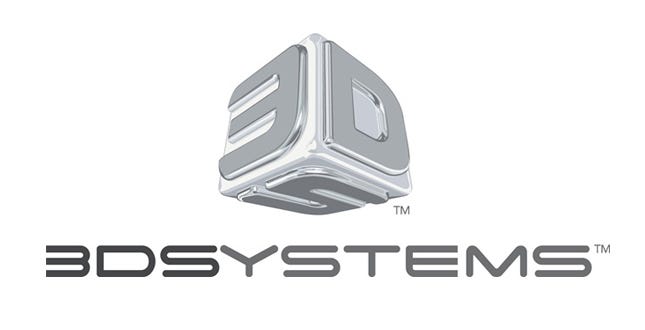23 acquisitions and counting, when is it a monopoly?
With the acquisitions of Z Corp and Vidar, 3D Systems has acquired 23 companies over a period of a few years - and counting. Who's next? 3D Systems now owns not only additive manufacturing (AM) equipment makers with various technologies and materials producers, but it also owns a number of AM service bureaus - including one of the largest - Quickparts of Atlanta, GA.
November 29, 2011
With the acquisitions of Z Corp and Vidar, 3D Systems has acquired 23 companies over a period of a few years - and counting. Who's next? 3D Systems now owns not only additive manufacturing (AM) equipment makers with various technologies and materials producers, but it also owns a number of AM service bureaus - including one of the largest - Quickparts of Atlanta, GA.
While no one in the AM industry wanted to go on the record with their opinions about 3D Systems' impact on the industry with its continued forays, not many we spoke with were happy about it. In fact, several noted that a monopoly on equipment, materials and services can only hurt the industry.
Most of us remember the first onslaught of what was then called the Rapid Prototopying (RP) industry and the subsequent fallout after the big service bureaus got bigger, but never big enough that they couldn't fail. And fail they did. For awhile, things settled down and eventually the major players revised their business strategy. The service bureaus found a model that worked and became successful.
With the development over the past decade of new materials and new technologies, the world of Additive Manufacturing is growing. Now anyone with a few thousand dollars and a great idea can create it in their office with the desktop "printers" that fabricate parts in a matter of hours in any number of materials. AM printing has even become a popular video on Youtube. It's something that AM industry guru Terry Wohlers calls the "maker movement, a collection of activities in the large and growing do-it-yourself (DIY) community."
As Wohlers noted in an industry briefing in September, "In the digital age of 3D modeling and 3D printing, DIY has taken on a new meaning. Never before have 'makers' and DIYers received so much attention." Wohlers said that a catalyst for this "maker movement" has been "the open-source systems and kits that range in price from about $750 to $4000. These machines do not produce parts at industry standard levels of quality, but they provide access to an entirely new set of customers."
Wohlers also commented in his report that "The I.materialise division of Materialise (Leuven, Belguim) is attempting to bring AM and 3D printing within everyone's reach by supplying the tools and manufacturing for people with ideas." And that Ponoko (Wellington, New Zealand), is a company "that offers a 'personal factory' for anyone wanting to create an object or product from an idea."
From a consumer standpoint, it matters a whole lot who owns the industry, because he who owns the industry controls the price - that's the whole idea of a monopoly. As several people said to me on condition of anonymity, 3D Systems continued acquisitions "can only hurt our industry."

3D Systems logo
About the Author(s)
You May Also Like




